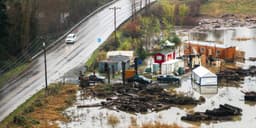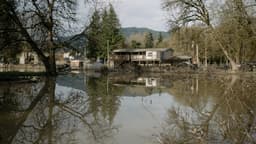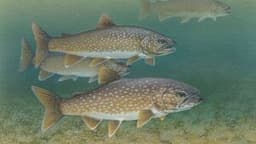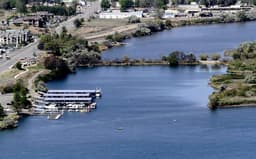Home / Environment / Toxic Cocktail Taints Young Salmon in Puget Sound
Toxic Cocktail Taints Young Salmon in Puget Sound
4 Nov, 2025
Summary
- Young Chinook salmon found with mix of pesticides, antibiotics, and PFAS
- Contaminants traced to stormwater and wastewater in Puget Sound region
- Chemicals at dangerous levels, could harm salmon's behavior and survival
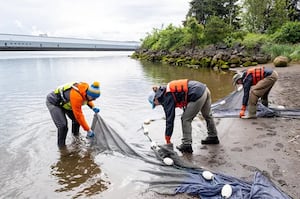
According to a study conducted by the Washington Department of Fish and Wildlife (WDFW) and researchers from the University of Washington, young Chinook salmon in the Puget Sound region have been found with a concerning mix of contaminants, including pesticides, antibiotics, and PFAS (per- and polyfluoroalkyl substances), also known as "forever chemicals."
The study, led by WDFW's Toxics Biological Observation System (TBiOS) unit, discovered these "contaminants of emerging concern" in waterways around the Sound, including the Skagit, Snohomish, Green/Duwamish, Puyallup/White, and Nisqually rivers. As the young salmon migrate from freshwater to saltwater, they are being exposed to these chemicals, which are believed to originate from urban stormwater and wastewater sources containing detergents, household cleaners, and other pollutants.
Researchers have determined that the levels of these contaminants are at dangerous levels, which could negatively affect the salmon's behavior, physiology, and overall chances of survival. With these alarming findings, the researchers are now focused on identifying the specific sources of the contaminants and working to prevent them from entering the Puget Sound ecosystem.
